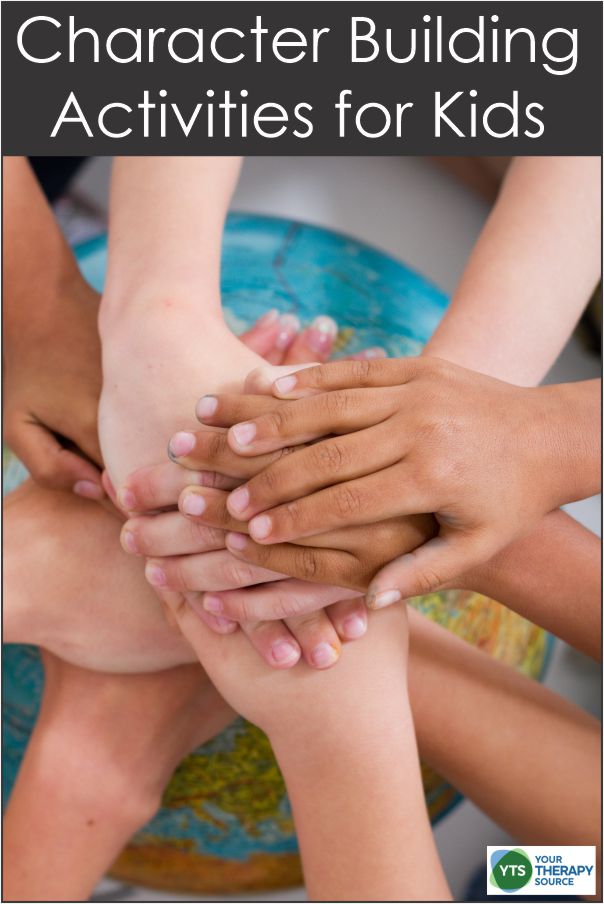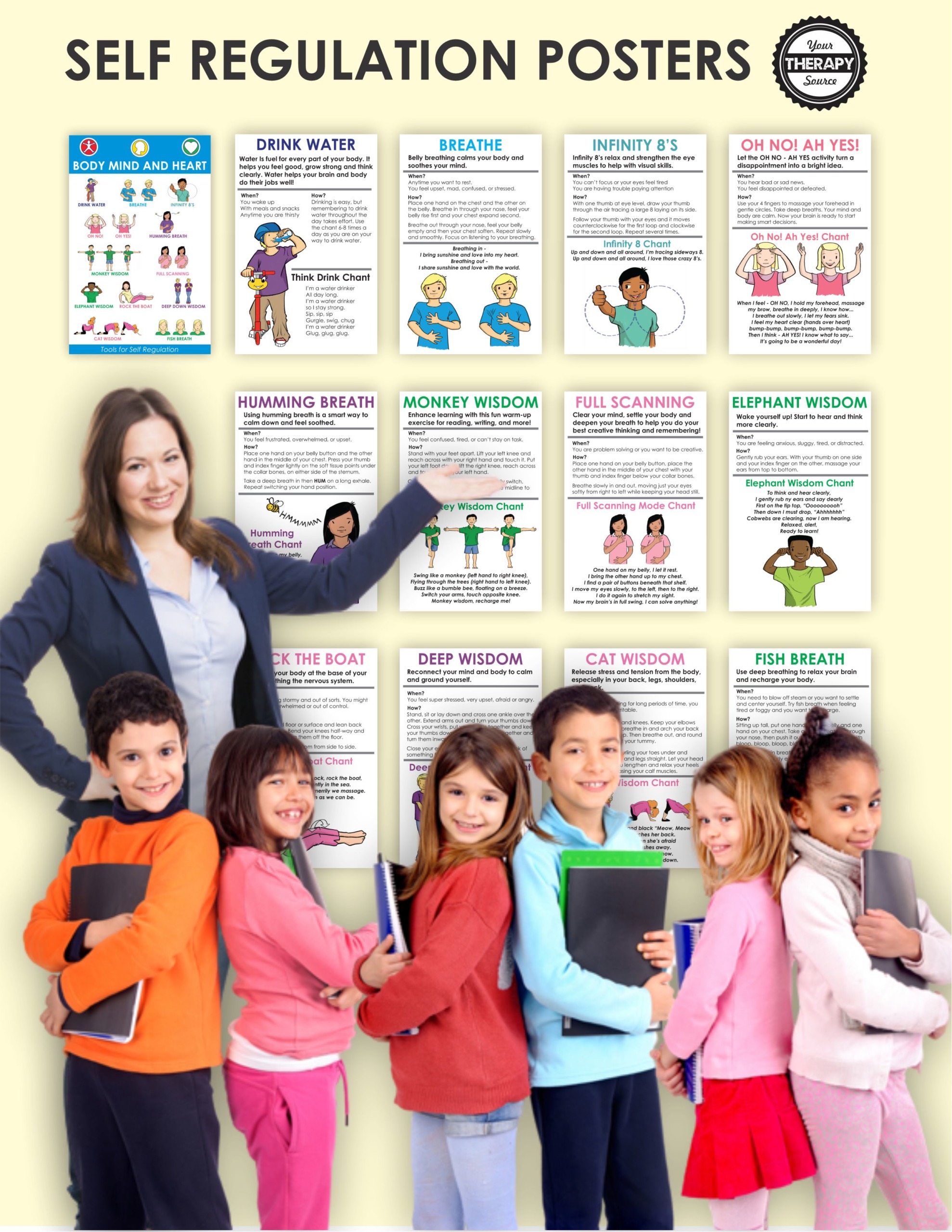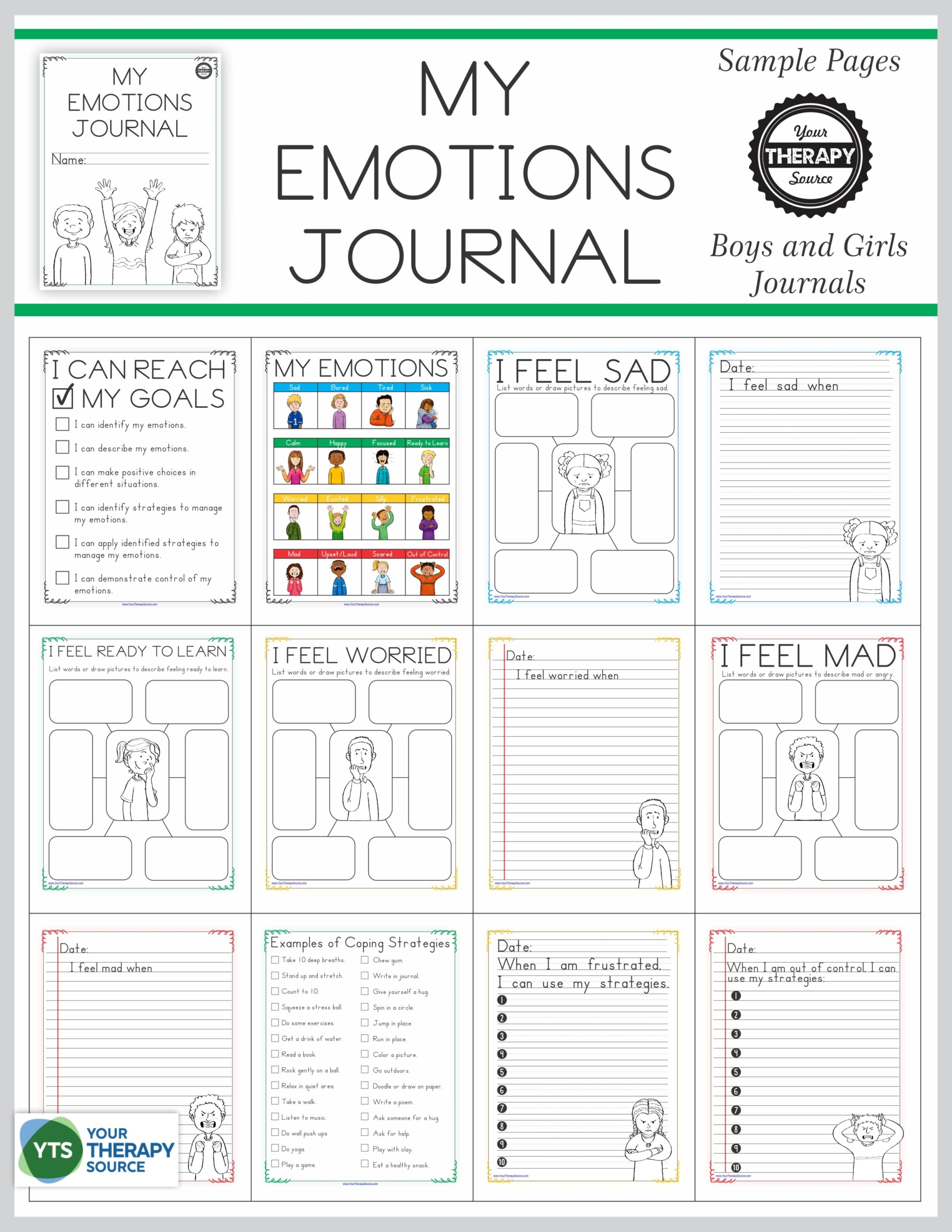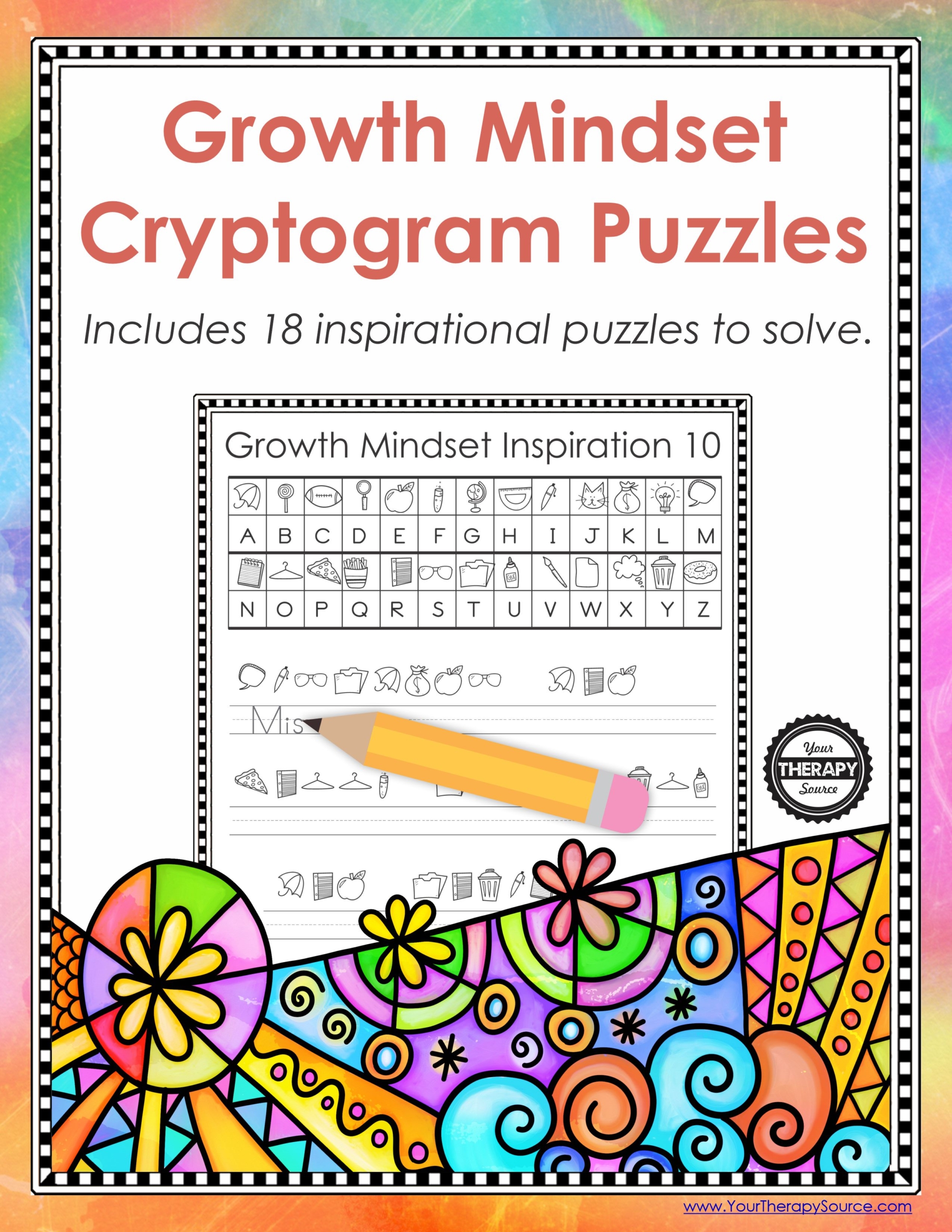Character Building Activities for Kids

In today’s fast-paced world, it is more important than ever to help children develop positive character traits that will enable them to navigate life’s challenges with grace and resilience. Character Building Activities for Kids is a comprehensive guide that will provide parents, educators, and caregivers with a variety of activities designed to promote character development, social skills, and emotional intelligence in young children. Learn about some of the most influential character building activities for different age groups and discuss the importance of fostering good character traits in today’s society.
TEACHING POSITIVE CHARACTER TRAITS THROUGH PLAY
One of the most effective ways to teach young children about positive character traits is through play. Board games, puppet play, and role-playing activities allow children to explore different scenarios and practice good behavior in a fun and engaging environment. These activities can help children develop social skills, emotional intelligence, and a strong sense of right and wrong.

Self Regulation Posters
LOST AND FOUND IN AFRICA: CHARACTER – A VIDEO FOR CHARACTER DEVELOPMENT
Lost and Found in Africa: Character is an entertaining and educational video that can help students focus on building character, encouraging curiosity, and exploring choices. The boy wants to go where the lions, cheetahs, hippos, and monkeys roam. Hop on Scooter, grow some butterfly wings, and set your course for Africa! Watch out for those hyenas, and don’t forget to bring your courage! Join the adventure and discover how he gets lost AND finds his way home. This video is a great way to introduce preschoolers and elementary students to the importance of understanding consequences and values, as children who grasp these concepts are more thoughtful and willing to take intellectual risks.
SIX PILLARS OF CHARACTER
The Six Pillars of Character is a framework developed by the Josephson Institute of Ethics, which focuses on six core ethical values that serve as the foundation for character development. Here are the six pillars and a few activities for each:
- Trustworthiness: This pillar emphasizes honesty, integrity, and reliability. Building trustworthiness includes playing trust-building games like the trust fall, encouraging children to keep promises and commitments, and discussing the importance of telling the truth in various scenarios.
- Respect: Respect involves treating others with courtesy, dignity, and empathy. Promoting respect includes role-playing exercises that teach active listening and empathy, practicing good manners at home and in public, and engaging in discussions about respecting diversity and appreciating differences.
- Responsibility: This pillar emphasizes accountability, self-discipline, and the importance of making good choices. Activities for teaching responsibility include assigning age-appropriate chores, setting personal goals, and discussing the consequences of actions in real-life situations or stories.
- Fairness: Fairness involves treating people equitably, following rules, and making unbiased decisions. Activities to promote fairness include playing cooperative games that require teamwork and collaboration, discussing the importance of rules and their application in various contexts, and engaging in debates that encourage children to consider multiple perspectives.
- Caring: Caring is about being compassionate, empathetic, and kind towards others. Activities to encourage caring include participating in community service projects, writing thank-you notes to friends or family members, and practicing random acts of kindness.
- Citizenship: Citizenship involves being a responsible member of a community, respecting authority, and contributing positively to society. Activities for teaching citizenship include organizing neighborhood cleanups, learning about local government and civic duties, and discussing the importance of voting and other ways to participate in community decisions.
Parents and educators can help children develop strong ethical values and build a solid foundation for good character by incorporating activities that promote the Six Pillars of Character into daily life.

Emotional Regulation Worksheets – For Boys and Girls
30 CHARACTER BUILDING ACTIVITIES FOR KIDS
Here is a list of general character building activities and exercises for kids of all ages to support social emotional learning:
- Volunteer work at a local charity or community organization
- Participating in team sports to learn teamwork and collaboration
- Engaging in art projects that promote self-expression and creativity
- Creating a family tree to explore family values and history
- Playing board games that encourage critical thinking and problem-solving skills
- Organizing a neighborhood cleanup to teach responsibility and environmental awareness
- Role-playing exercises to practice empathy and active listening skills
- Writing gratitude journals to develop an appreciation and a positive attitude
- Participating in team-building activities, such as trust falls or escape rooms
- Setting personal goals and tracking progress to promote perseverance and self-discipline
- Reading books about inspiring characters and discussing their values and actions
- Performing random acts of kindness within the community
- Participating in public speaking or debate clubs to build confidence and communication skills
- Learning about different cultures and traditions to develop cultural awareness and respect
- Creating and performing a puppet play that highlights positive character traits
- Participating in a peer mentoring program to develop leadership skills
- Creating a vision board to set goals and visualize future achievements
- Teaching younger siblings or peers a new skill to promote patience and understanding
- Participating in a recycling program to instill environmental responsibility
- Discussing current events and ethical dilemmas to encourage critical thinking and moral reasoning
- Practicing mindfulness exercises, such as meditation or yoga, to develop self-awareness and emotional regulation
- Engaging in community theater to build self-confidence and teamwork
- Participating in a school or community garden project to learn about responsibility and sustainability
- Writing and performing a skit about conflict resolution and effective communication
- Joining a book club to encourage reading, comprehension, and analytical thinking
- Participating in a fundraiser or charity event to teach empathy and the importance of giving back
- Creating a “kindness jar” where family members or classmates can share compliments and positive affirmations
- Learning a new musical instrument or joining a choir to develop discipline, patience, and collaboration
- Engaging in outdoor activities, such as hiking or camping, to build resilience and a connection to nature
- Participating in a cooking class or preparing meals for the family to teach teamwork, responsibility, and healthy habits

Growth Mindset Activities PDF Packet
BUILDING CHARACTER THROUGH FAMILY INTERACTION
Family members play a crucial role in developing a child’s character. By creating opportunities for open and honest conversations about values, consequences, and the importance of doing the right thing, families can foster a positive outlook and strong character in their children. Activities such as creating a family tree, sharing stories about family members who have demonstrated good values, and engaging in real-world conversations about moral dilemmas are all excellent ways to build character within the family unit.
SCHOOL-BASED CHARACTER EDUCATION ACTIVITIES
Schools are a powerful platform for character development, as they offer numerous opportunities for students to practice good behavior, make responsible choices, and learn from their mistakes. Teachers can incorporate character-building activities into their lesson plans, such as class discussions about positive traits, growth mindset exercises, and real-life scenarios that challenge students to think critically and empathetically.
Bulletin boards, school activities, and school-wide initiatives that promote the six pillars of character (trustworthiness, respect, responsibility, fairness, caring, and citizenship) can also contribute to a positive school community and encourage the development of good character traits in all students.
ENRICHMENT ACTIVITIES FOR OLDER STUDENTS
For middle school students and high school students, character-building activities may focus on more complex topics such as peer pressure, academic performance, and social media. By engaging in activities encouraging critical thinking, problem-solving, and self-reflection, older students can develop a deeper understanding of their values and beliefs. Activities such as creative writing prompts, role-playing exercises, volunteering, and group discussions about current events can help students develop a strong character and improve their social and emotional learning.
OUTDOOR ACTIVITIES FOR CHARACTER DEVELOPMENT
Outdoor activities provide a fun and engaging way for children to build character while also promoting physical health and well-being. Activities such as team sports, hiking, and outdoor games can teach children the importance of teamwork, communication, and perseverance. Outdoor activities that challenge children, such as rock climbing, obstacle courses, or ropes courses, can help them develop courage, self-confidence, and a willingness to take calculated risks.
DIGITAL AND SOCIAL MEDIA INFLUENCE ON CHARACTER BUILDING
In today’s digital age, it is crucial to address the impact of social media on the character development of children and adolescents. Parents and educators should encourage open discussions about the power of words, the dangers of cyberbullying, and the importance of maintaining a positive digital footprint. By teaching children how to use social media responsibly and ethically, we can help them develop good habits that will serve them well in their personal and professional lives.
PROMOTING A GROWTH MINDSET AND ACADEMIC SUCCESS
Fostering a growth mindset in children is essential for building character and promoting academic success. A growth mindset is a belief that abilities and intelligence can be developed through dedication and hard work. By encouraging children to embrace challenges, learn from mistakes, and persevere in the face of adversity, parents and educators can help them develop a strong sense of self-efficacy and a commitment to lifelong learning.
USING A CARTOON CHARACTER AND ROLE MODELS TO INSPIRE GOOD CHARACTER TRAITS
Cartoon characters and role models can serve as powerful sources of inspiration for children when it comes to developing positive character traits. By introducing children to characters that embody qualities such as kindness, integrity, and resilience, parents and educators can encourage them to emulate these positive traits in their own lives. Discussing the actions and decisions of real-life role models can help children better understand the importance of strong character and its impact on one’s personal and professional life.
SUMMARY CHARACTER BUILDING ACTIVITIES FOR KIDS
In summary, character-building activities for kids should be an integral part of every child’s upbringing. By incorporating various activities and experiences that promote the development of positive character traits, we can help children navigate life’s challenges with grace, resilience, and empathy. Ultimately, investing time and effort in building our children’s character will empower them to positively contribute to their families, communities, and the world. It is important to remember that character development is an ongoing process that requires a lot of time, effort, and patience from both children and adults. By consistently promoting good values, encouraging positive behavior, and providing ample opportunities for growth and reflection, we can help shape the future generation into compassionate, resilient, and ethical individuals.



